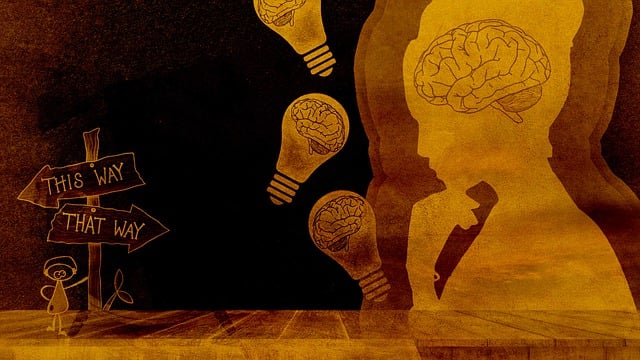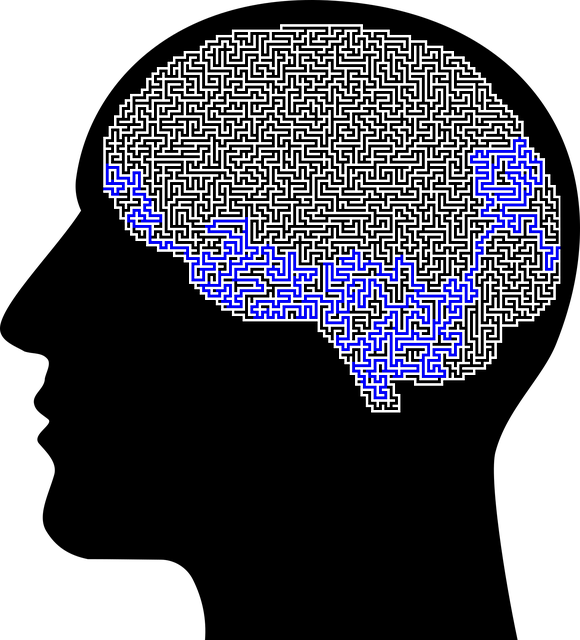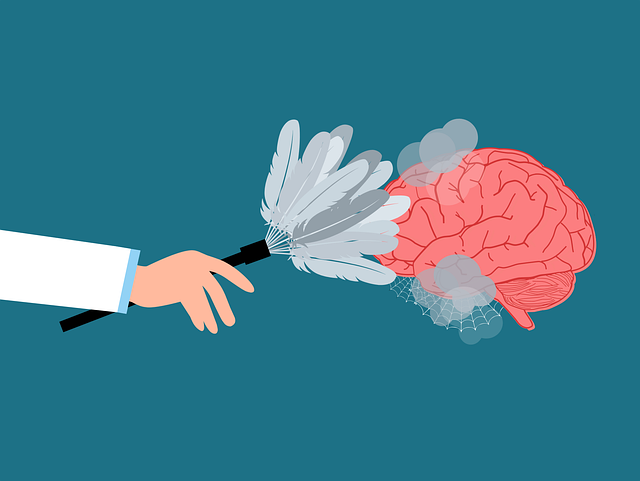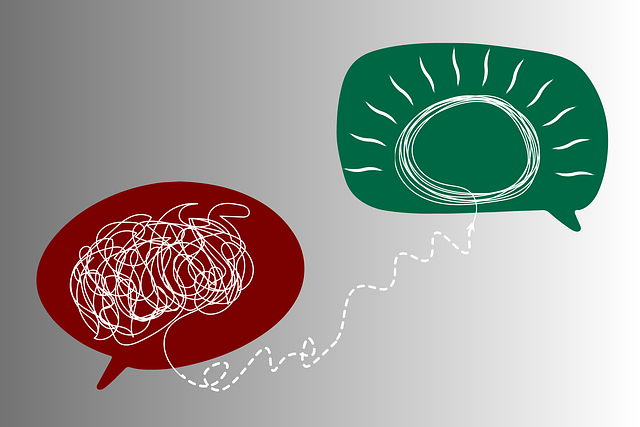Castle Rock Depression Therapy (CRDT) offers a comprehensive approach to enhancing mental health care. By combining evidence-based practices, digital interventions, increased awareness, and education, CRDT improves diagnostic accuracy for mental illnesses. Their initiatives target both patients and healthcare providers, empowering early recognition of symptoms through open conversations and destigmatizing mental wellness discussions. Advanced training, research, and holistic therapies like Mindfulness Meditation and Inner Strength Development are integrated into treatment, ensuring tailored care and competent delivery while prioritizing therapist well-being.
Mental illness diagnosis accuracy has long been a subject of concern, with many individuals receiving incorrect or delayed treatment. This article explores the multifaceted efforts to improve diagnostic precision, focusing on innovative techniques and therapies such as Castle Rock Depression Therapy. We delve into the challenges faced, highlighting the significance of accurate diagnosis for effective treatment outcomes. Additionally, we discuss strategies for continuous improvement and support, emphasizing the vital role of advanced therapeutic approaches like Castle Rock Depression Therapy in transforming mental health care.
- Understanding the Challenges of Mental Illness Diagnosis
- Innovative Approaches to Enhance Accuracy
- The Role of Castle Rock Depression Therapy
- Strategies for Continuous Improvement and Support
Understanding the Challenges of Mental Illness Diagnosis

Diagnosing mental illness accurately can be a complex task due to its intricate nature and often subtle symptoms. The process involves sifting through various factors, including individual experiences, environmental influences, and biological markers, all of which contribute to the complexity. Mental health professionals must navigate this labyrinthine landscape to discern between different disorders, each with its unique set of manifestations. This challenge is further compounded by the fact that mental illness can be dynamic, evolving over time and sometimes presenting with overlapping symptoms, making diagnosis even more intricate.
In addressing these challenges, Castle Rock Depression Therapy, alongside other initiatives, plays a pivotal role in enhancing diagnostic accuracy. They employ evidence-based practices such as Mindfulness Meditation, incorporating it into therapy sessions to help individuals gain insight into their thoughts and emotions. This mindfulness approach, coupled with increased Mental Health Awareness, empowers both patients and professionals to recognize early warning signs, fostering open conversations about mental wellness. Furthermore, the production of Mental Wellness Podcast Series can educate the public, dispel myths, and promote understanding, thereby supporting better recognition and identification of mental health issues.
Innovative Approaches to Enhance Accuracy

In recent years, efforts to enhance the accuracy of mental illness diagnoses have seen some innovative approaches emerge. One such method is the integration of advanced assessment tools and technology into traditional therapy settings. For instance, Castle Rock Depression Therapy has pioneered the use of digital platforms for remote counseling, allowing therapists to gain more nuanced insights into patients’ emotional states through interactive sessions and data-driven analytics. This approach not only improves access to care but also enhances diagnostic precision by providing a comprehensive view of an individual’s mental wellness.
Additionally, the Mental Wellness Podcast Series Production has played a significant role in promoting public awareness and understanding of various mental health conditions. These podcasts often feature expert discussions on latest research, effective treatment modalities, and personal narratives that destigmatize mental illness. Similarly, Healthcare Provider Cultural Competency Training programs have been designed to equip professionals with the skills needed to recognize and address cultural biases, ensuring more accurate diagnoses across diverse populations. Such initiatives collectively contribute to a more holistic and inclusive approach to mental health care.
The Role of Castle Rock Depression Therapy

Castle Rock Depression Therapy (CRDT) is a pioneering approach in mental health treatment, focusing on improving diagnostic accuracy and patient outcomes. This therapy emphasizes the importance of self-awareness exercises, encouraging individuals to explore their thoughts and emotions deeply. By fostering a better understanding of one’s mental state, CRDT aids in early detection and precise identification of depression symptoms, which is crucial for effective intervention.
In addition to enhancing self-awareness, CRDT incorporates burnout prevention strategies specifically tailored for healthcare providers. Given the high prevalence of burnout among mental health professionals, these strategies ensure that therapists remain resilient and competent in delivering quality care. Integrating self-care practices alongside treatment further underscores the holistic nature of CRDT, promoting not just patient recovery but also the well-being of those who provide essential mental health services.
Strategies for Continuous Improvement and Support

In the quest for enhancing mental illness diagnosis accuracy, a multifaceted approach is essential. Continuous improvement in this domain requires a blend of advanced training for healthcare professionals, regular updates on research findings, and integration of innovative tools. For instance, Castle Rock Depression Therapy centers are pioneering new methods that combine traditional therapy with digital interventions, like Mental Wellness Journaling Exercise Guidance, to offer more personalized care. Encouraging clients to develop inner strength through mindfulness practices can significantly aid in mood management, making these strategies valuable assets in the diagnostic process.
Support systems play a crucial role in this journey. Regular peer support groups and online communities foster open discussions about mental health experiences, providing individuals with a sense of belonging. Moreover, integrating evidence-based practices like Inner Strength Development into therapeutic routines can empower individuals to actively participate in their healing. These efforts collectively contribute to a more comprehensive understanding of mental wellness, ultimately leading to more precise diagnoses and effective treatment plans.
Mental illness diagnosis accuracy has long been a complex challenge, but with innovative approaches like Castle Rock Depression Therapy gaining traction, we’re closer than ever to ensuring effective support for all. By continuously refining diagnostic methods and implementing strategies that foster understanding and early intervention, we can significantly improve outcomes for those navigating mental health struggles.














